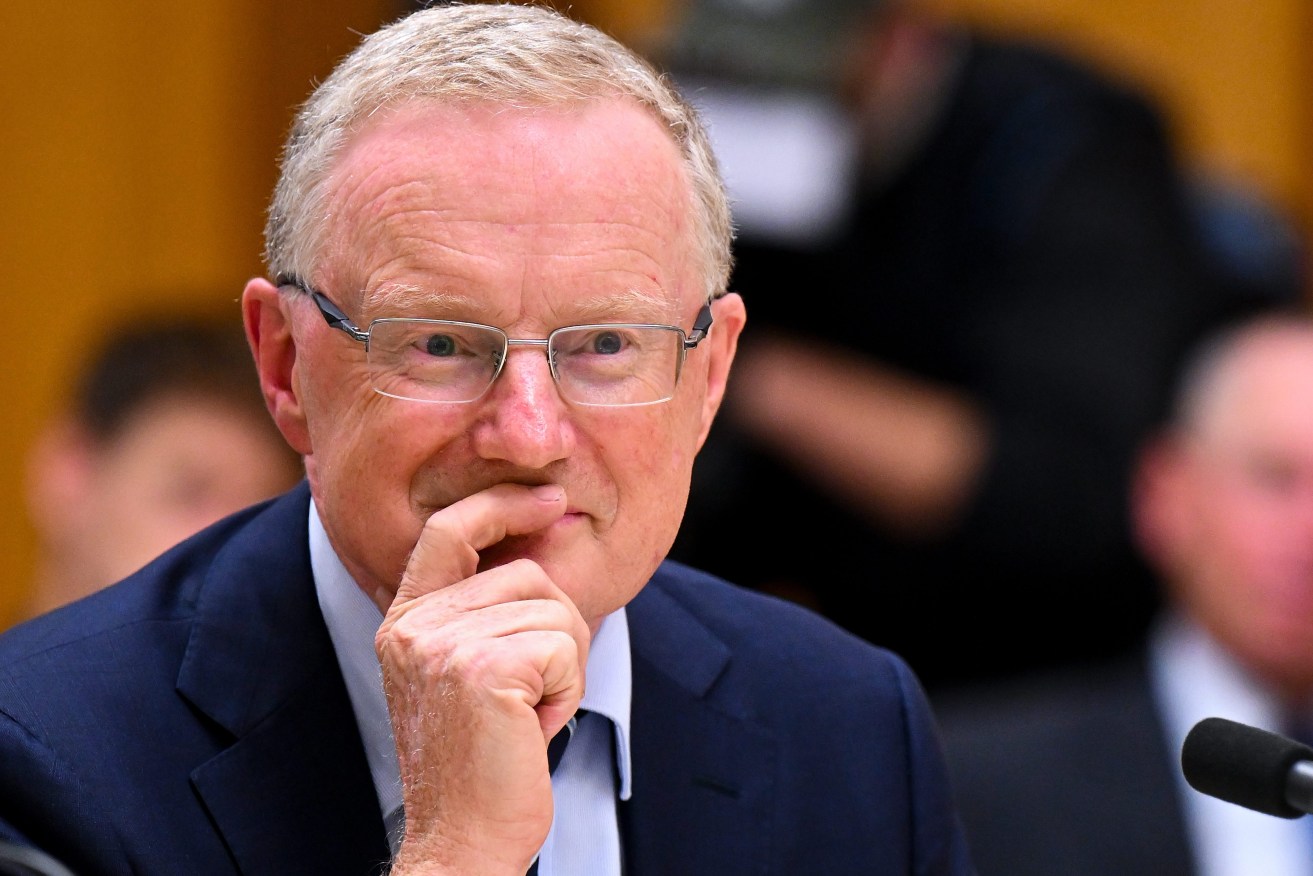Rates pause likely as Reserve Bank tiptoes its way towards doing absolutely nothing
Mortgage holders will be hoping for some interest rate relief from the Reserve Bank after 10 hikes in a row.

Governor of the Reserve Bank of Australia (RBA) Philip Lowe remains on the short list to retain his role.. (AAP Image/Lukas Coch)
The central bank’s board is due to meet on Tuesday ahead of a high-stakes April cash rate decision that could either see the RBA take a breather or hike rates by another quarter percentage point.
The board is undoubtedly edging closer to the end of its policy tightening cycle, having already hiked rates by 350 basis points to an 11-year high.
However, economists are unsure if the RBA has done enough to take the sting out of the economy just yet.
While inflation has come off its peak, it lifted 6.8 per cent in the year to February – still well above the RBA’s target range of two to three per cent.
The RBA shadow board at the Australian National University is leaning towards another hike, attaching a 66 per cent probability to further increases and a 34 per cent probability of the cash rate staying on hold.
The shadow board has become much less confident in the case for further tightening compared to previous decisions, with several data sources pointing to a deterioration in economic conditions in response to the most aggressive monetary tightening in decades.
But the ANU team said there were “no signs” of an impending collapse in economic activity and a soft landing was still in reach for Australia’s economy.
The real estate industry is one area of concern, although there have been signs the property downturn has started to steady itself.
The shadow board warned the looming expiry of more than 800,000 fixed-rate mortgages could prompt a surge in housing stress and combined with even a modest uptick in joblessness, could drive a significant lift in defaults.
New Canstar analysis shows the average would-be solo homeowner would need to earn $165,695 a year to buy a home without falling into mortgage stress.
The average annual before-tax income is $94,000.
The research explored how much buyers needed to earn to afford a house with a 20 per cent deposit but without contributing 30 per cent or more of their after-tax income toward repayments, which is how mortgage stress is defined.
With property prices already tracking back up despite the possibility of further rate rises, Canstar money expert Effie Zahos said home-ownership would be even further out of reach for single-income earners.
“Even if there is a pause in April, it is expected the cash rate will be hiked up at least one more time during this cycle, meaning mortgage stress isn’t going away anytime soon,” she said.












